Policy
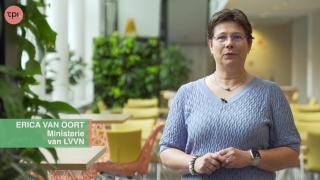
Questions
HelpathonsPolicyBeginner
Helpathon #12 – Can you help Erica?
We are inviting Dutch-speaking citizens from all walks of life to join a unique Helpathon and help Erica van Oort, coordinator of the Animal-Free Transition Program (TPI) in the Netherlands. No prior knowledge of animal testing is required—your fresh perspective can help Erica communicate more effectively about animal-free research.
We strongly believe that well-informed citizens are key to improving democratic policy-making on health research, with and without animals. Please share this invitation to at least one suitable person who could contribute—and of course, you are warmly welcome to join as well.
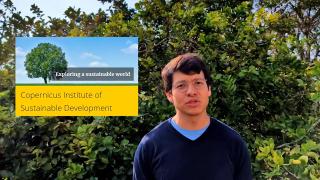
Innovation examples
ToxicologyPolicy
User Research in developing the virtual human platform
Digital tools can support the phasing out of animal-based tests and data in chemical risk assessment. This is one of the core promises of the Virtual Human Platform. The potential contribution of digitalization is linked to the acceptance and adoption of tools, methods, and data by stakeholders in several societal sectors. To facilitate the integration of stakeholders in the configuration of digital tools, Dr. Isaac Ortega Alvarado and colleagues gather insights from risk assessors in their role as users. Risk assessors are the ones who actualize chemical risk assessment and its standards through their practices. With this perspective, this research contributes to understanding the development and implementation of digital tools as embedded in social processes of construction and reception.
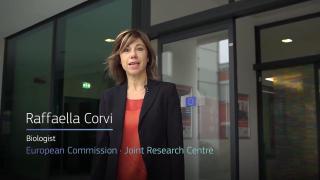
Projects and initiatives
HealthInnovationPolicy
EURL ECVAM
The EU Reference Laboratory for alternatives to animal testing (EURL ECVAM) promotes and facilitates the use of non-animal methods in testing and research. It validates, disseminates and shares knowledge on the 3Rs (Replacement, Reduction and Refinement of animal experiments). In this video, Raffaella Corvi explains what EURL ECVAM does in the field of safety testing of chemicals while reducing laboratory animal testing.
Watch the accessible version of the video here (https://audiovisual.ec.europa.eu/en/video/I-230374).
©European Union, 2021
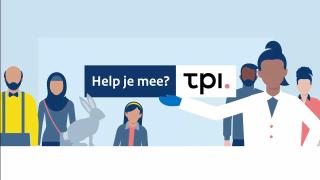
Projects and initiatives
HealthInnovationPolicyBeginner
We all want a safer world for humanity, animals and the environment: Transition Animal-free Innovation
Why is the transition to animal-free research so important? What are animal-free models? How does TPI (Transition Animal-Free Innovation) encourage their development and use? And who are we working with to make this happen? We explain this in our animation.
More and more animal-free tests and research methods are becoming available, but not all research questions or safety tests can be answered in this way yet. In addition, the validation, qualification and acceptance of non-animal innovations still lags behind. Therefore, the Dutch Ministry of Agriculture, Nature and Food Quality (LNV) stimulates the development and application of animal-free innovations. This is done with the partner programme Transition Animal-free Innovation (TPI).

Expert interviews
HealthInnovationPolicy
Stichting Proefdiervrij: Collaboration is key
At Stichting Proefdiervrij (the Dutch society for the replacement of animal testing) we believe that collaboration is essential for the development and implementation of animal-free models. In this video we introduce a few of the ways in which we, as an NGO, collaborate with researchers to reach our goal: the complete replacement of all test on animals
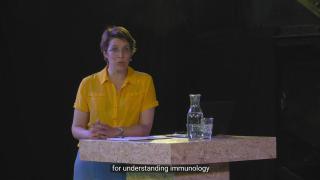
Meetings & conferences
HealthInnovationPolicy
Debate about animal testing
Animal testing contributes to advances in medicine and science in general. But in recent years people have increasingly questioned research using laboratory animals. The European Union and the Dutch government want to be a forerunner in the development and use of innovations that do not involve animal testing, but how do we want to achieve that? What are the challenges and opportunities for biomedical sciences? How do we accelerate the transition towards animal-free innovation? And what does this mean for research into better treatments for animals? In this debate Dutch leaders in the field of animal(-free) testing share their thoughts and opinions.

Expert interviews
HelpathonsPolicy
Monique Janssens: Why we need the Transition towards Animal-free Innovations
Why is there a Transition towards Animal-free Innovations, while we have the 3Rs, including Replacement? Well, there is a difference. Animal experiments should no longer be the golden standard of reference. We should not ask: Is this animal-free method good enough to replace animal experiments? But: What is the research question, and how do I get the best answer, preferably without animals? I know that many researchers are doing this already. But we can do even more! It’s also about involving the full chain of parties, including patients, financers, legislators and companies. That is why the transition movement works with interdisciplinary networks and Helpathons. The transition helps to innovate, to accelerate and to implement. At the same time, there is no need to throw the 3Rs overboard. Actually, we owe applying them to the lab animals of today. But by innovating we can develop even more new practices in research and education that bring about better results for science in less time and often with less costs. Without using animals.
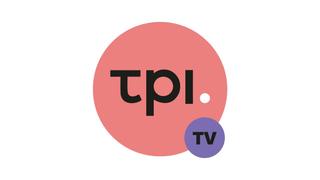
TPI.tv videos
InnovationPolicyBeginner
TPI.tv: improving science through animal-free innovations and research
Introducing TPI.tv : a video platform by experts striving to improve science through animal-free innovations and research.
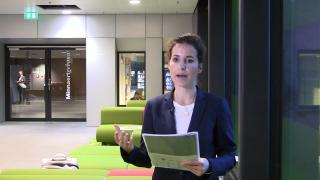
Expert interviews
Policy
Charlotte Blattner, Harvard Law School: Transition needs community efforts
Charlotte Blattner is a visiting researcher at Harvard Law School on the Animal Law & Policy Program and explains that a transition is needed to move away from animal testing. This transition needs to be a just transition, a community effort where all stakeholders are involved to replace animal testing for animal-free innovations.

Expert interviews
ToxicologyIn silicoPolicy
Tox 21: A New Way to Evaluate Chemical Safety and Assess Risk
Tox21 is a US federal research collaboration focused on driving the evolution of Toxicology in the 21st Century by developing methods to rapidly and efficiently evaluate the safety of commercial chemicals, pesticides, food additives/contaminants, and medical products. The goals of Tox21 are to (1) identify mechanisms of chemically-induced biological activity; (2) prioritize chemicals for more extensive testing; and (3) develop more relevant and predictive models of in vivo toxicological responses.
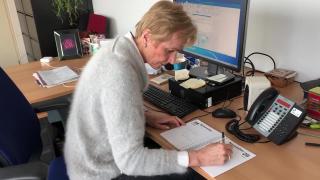
Meetings & conferences
Policy
Invitation for the international TPI conference
Invitation to the international TPI conference. TPI stands for the Transition Programme for Innovation without the use of Animals. Click on the link in the video to learn more and watch the expert interviews made during the conference under "Experts".